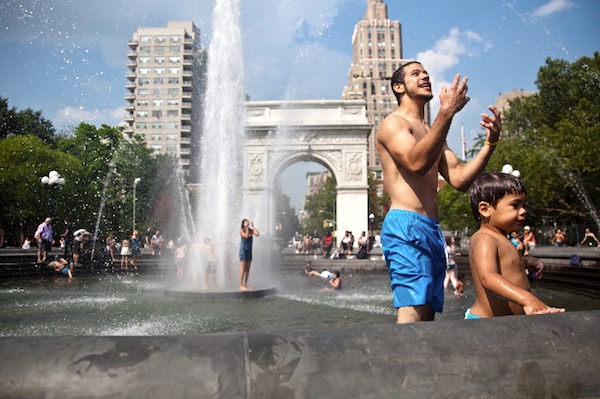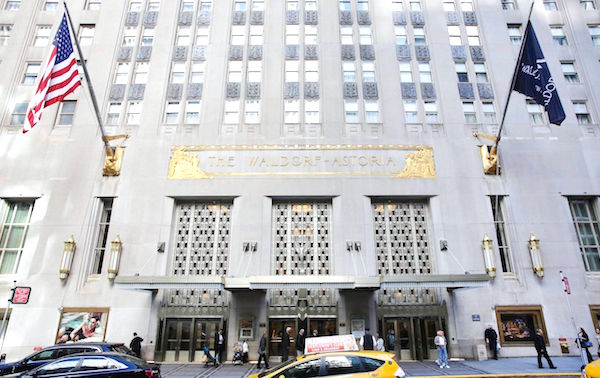NYC researchers predict over 3,300 heat deaths a year by 2080 because of climate change if preventive measures aren’t taken. But the majority of deaths could be averted by reducing fossil-fuel emissions (from coal, natural gas and oil) and using heat warnings and public cooling centers, according to study author Elisaveta Petkova, of Columbia University, and colleagues.
Reducing greenhouse gas emissions could reduce the chances of such high levels of mortality, researchers said. Governments from around the world have already committed to working to keep temperature rise to 3.6 degrees by 2100, but it remains to be seen if that can be accomplished.
“We know climate change is creating more days of extreme heat, putting more people at risk for death in the coming decades,” Petkova, a project director at Columbia’s Earth Institute in New York City, said in a university news release.
“Our study shows that many of these deaths can be averted by limiting greenhouse gas emissions and pursuing measures to help people adapt to high temperatures,” she added.
The research team’s predictions are based on more than a century of temperature, population and death data for New York City, along with climate projections for the 2020s, 2050s and 2080s.
With air conditioning already prevalent, other steps may be necessary to ward off the deadly effects of heat waves. Programs to install reflective roofs, plant trees and protect residents who are especially vulnerable to high temperatures could boost the city’s heat resilience, the scientists suggested.
A report by the New York City Panel on Climate Change predicts that, by the 2080s, average temperatures in the city may be similar to Norfolk, Va., today. The number of days with a maximum temperature at or above 90 or 100 degrees Fahrenheit is expected to more than triple by the 2080s. Petkova is a member of the panel.
With the Obama administration recently going out of its way to link personal health concerns to global warming, an idea that for some reason remains vague in the mind’s of many, the studies are well timed to provide ammunition for the route the administration has shifted to in recent weeks.
Quite simply, heat waves cause an increase in fatal strokes and heart attacks. Asthma and other breathing conditions are also exacerbated by a rise in summer temperatures. The math is “easy” in populations where nearly everyone is white and the same age, think The Villages in Florida, but in a city as diverse as New York it’s a whole different animal. There are groups based on their ethnicity do considerably better than others when the mercury spikes.










